The challenge of taking a holistic view of Internal Security and external threats is becoming stronger — the rise of a hostile Sino-Pak military alliance is one development that illustrates this. These two neighbours of India can be expected to jointly plan aggressive moves on our borders and what is even more likely, step up their ‘proxy war’ against India to create internal destabilisation here…writes D.C. PATHAK

In a democratic state, Intelligence directly helps the political executive in exercising the sovereign power of securing the nation and its people against external and internal threats. In this context, Intelligence is reliable information about an impending ‘open’ attack of the enemy or a ‘covert’ offensive on our territory planned by an adversary. Intelligence is all about what lay ahead and use of the term ‘predictive Intelligence’ shows a certain lack of conceptual understanding of the subject — without this built-in adjective Intelligence as a word would have no meaning. It also follows that the highest executive authority, the Prime Minister, should have the benefit of hearing from the chief of the national security set-up without interpretation of a third party.
Ideally, Intelligence would have such clarity and completeness that the course of action suggests itself — an ‘open’ attack would be dealt with by the defence forces while a ‘covert’ attack like that of terrorists, would involve a host of responders from the Centre and the states working on the guidance of the security set-up. Interestingly, the Indo-Pak wars in 1947 and 1965 as also the Kargil ‘conflict’ of 1999 were sparked off by a surreptitious infiltration of militia in plain clothes in Kashmir — throwing up the new challenge for India of having to deploy our army for countering militants and terrorists on our own soil.
The required orientation of our armed forces, Intelligence-sharing that made for focused counter-terror operations minimising collateral damage and systems of coordinated action on Intelligence, may all have taken some time in coming through but these have now been largely achieved. It is a matter of great satisfaction that we have a fully developed National Security Council Secretariat (NSCS) under the National Security Advisor and that excellent arrangements exist for providing integral briefings to the Prime Minister on the current external and internal security threats and helping to evolve strategic and operational responses to the same.
Evolution of Intelligence has had a checkered past all over the world, India being no exception. Sometimes an agency is born in politics rooted in the desire of a leader, even in a democracy, to strengthen his or her hands in a situation of internal rivalries. Intelligence is a profession in which one is trained to be anonymous by choice — it also works not for an individual but for principles that were designed to serve the sovereign state. It is not surprising that in India, like it would happen in any other democracy, the dim periods of its history were those where chiefs were chosen for their pronounced political subservience — who in turn ran the organisation as their personal fiefdom.
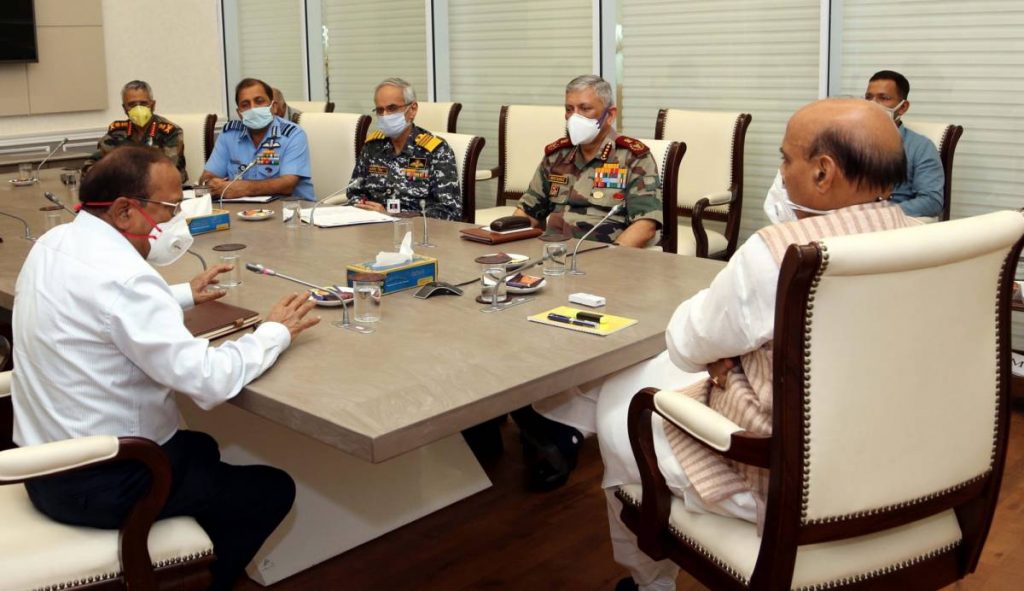
One good thing about an Intelligence set-up, however, is that while it is opaque from outside for compulsions of secrecy it is transparent internally with the result that a ‘boss’ there is able to command respect and quiet admiration only if he measured up to the highest standards of professional competence, including leadership acumen that ensured fairness in giving credit to members serving him and firmly stood for the organisation against any politically motivated attack. Intelligence in India has a working principle, also followed by the British counterpart, that mandates it to take note of anything that ‘in its judgement’ would adversely affect national security and to start covering it without waiting for a nod from above. A highly politicised chief would not be able to deliver on this as he would, in all probability, be pursuing an agenda of his own. The present line-up of highly skilled Intelligence chiefs and an NSA of great professional repute, is serving the country well in these difficult times.
A conceptual framework of Intelligence universally includes five basic planks of methodology on which it works — indivisibility of security, prime importance of analysis for predicting what lies ahead, integral response to a threat cutting across different wings of the government, distinction between ‘information’ and ‘action’ since Intelligence personnel do not become part of the team executing a legal response and realisation that security was not a one-time event. Security is a concept of totality — there is nothing like being ‘half-secure’ — and divided Intelligence does not help. It is, therefore, absolutely necessary that all pieces of information relating to a national threat accessed by multiple agencies converged at a point at the national apex for an integral evaluation that would presage the decision-making about a simultaneous action on all necessary fronts.
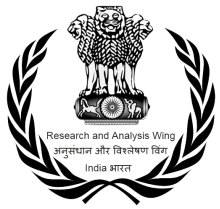
There is a phenomenal rise of the importance of Tech-Intelligence in the cyber age and India has rapidly advanced in that sphere. It is good to recall, however, that the Subrahmanyam Committee Report on Kargil had noted how some 60 Intelligence inputs had not reached up to a common point for examination during that war. It is instructive to read, in a recently published biography, that late R.N. Kao, who was behind Prime Minister Indira Gandhi’s move to split the Intelligence Bureau for creating R&AW as an independent handler of foreign Intelligence, expressed — long after his retirement — that ‘there was need for better coordination and analysis’ and that Intelligence organisations sometimes ‘did not see the wood for the trees’. In the Indian context, Intelligence Bureau was the mother agency responsible for dealing with any threat materialising on the Indian territory anywhere — the origin of the threat often was external — and this is enough of a reality to warrant a practice whereby all other Intelligence outfits should include IB amongst the first recipients of their reports on such a threat.
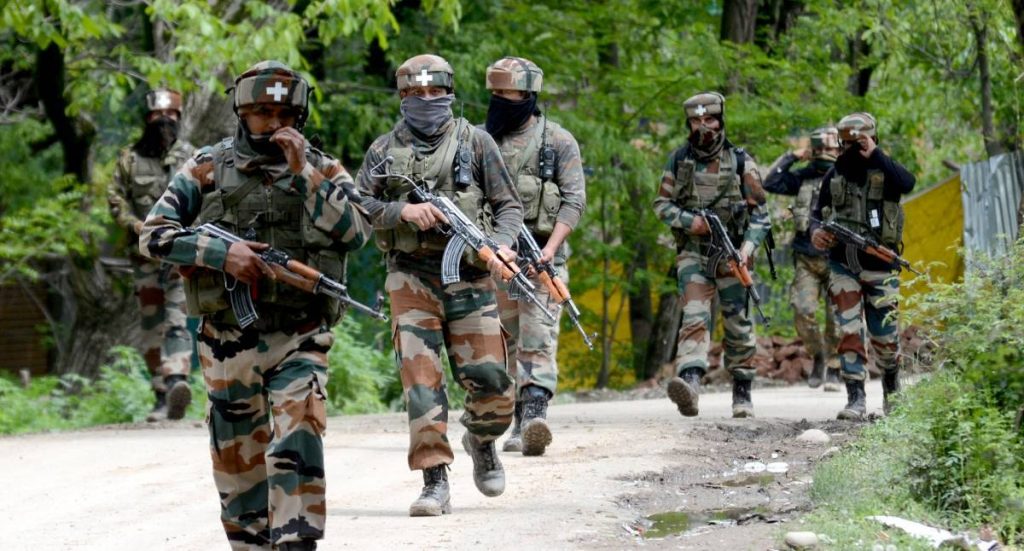
The formation of NSCS under the NSA has sorted out coordination issues but a substantial exchange of officers between the IB and R&AW, particularly the flow of trained hands from the Bureau to the latter, must be maintained for the larger national interest. In the initial years, there was parallelism between R&AW and IB but as the new organisation settled down and matured functionally, a natural congruence between the two did get established. External Intelligence organisation, like our foreign policy establishment, must be attuned to the security situation at home to produce better results. Periodical briefings on this for our envoys has been an old tradition — the system has been further improved. As regards analysis, the function of drawing up strategic assessments handled by the JIC earlier has been subsumed by the NSCS on the one hand while the ongoing multi agency coordination at operational level under the aegis of IB, has been vastly improved, on the other.
Intelligence agencies in India have followed the sound tradition of drawing a line between ‘information’ and ‘action’ — the two distinct components of security. Information may be made available to the action-taking personnel — of the police or some other executive arm of the state equipped with legal authority — right at the ground level but the Intelligence operators themselves do not become part of the action-taking team. Intelligence has to stay away from legal involvement since it cannot expose its confidential channels in a court of law and also since its members do not have police powers. If means of instant communication with the first responders exist there will be no risk of an unnatural gap between ‘information’ and action’. Action takers cannot sit on Intelligence on the plea that it was not ‘actionable’ in specific terms. They will have to prove that no measures could be initiated even where the warning about a threat was not complete. All action to neutralise a threat has to be legal and this includes an encounter with a terrorist that would have the backing of the law of self-defence. There is no reason for an Intelligence officer to give up on his anonymity for the sake of a share of credit for a successful police or army action — his organisation had its own arrangements for recognising good work.
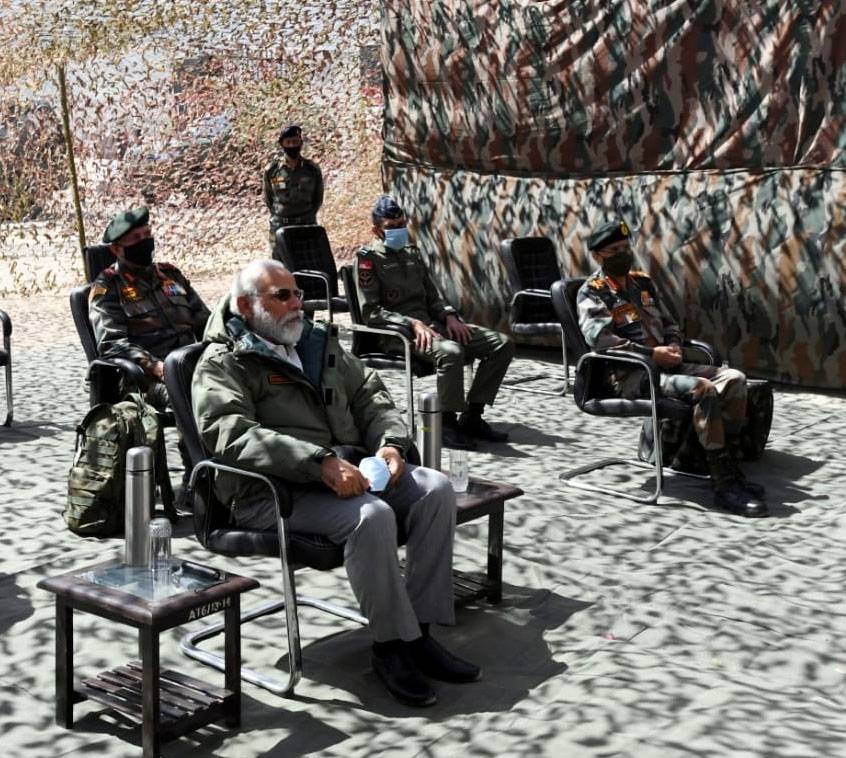
The final point about Intelligence methodology is that its work never stops because the threat scenario was a changing phenomenon and no success would warrant resting on one’s laurels. Also, for Intelligence no failure is ‘absolute’ — it is viewed as an honest effort that did not succeed paving the way for a further attempt with necessary course correction. In short, the Intelligence organisation had been adept at handling its tasks in a manner that modern management literature on leadership, delegation of decision-making and sharing of credit, could learn from.
Since security cannot be separated from Intelligence, it makes eminent sense for the political executive to have a National Security Advisor with an Intelligence background who could ensure inter-agency coordination, pitch the function of analysis at a high pedestal and work out systems of integral responses to threats. He has to have a grooming in Internal Security as much as an understanding of the typical Indian scenario where domestic threats often had a ’cause and effect’ relationship with happenings outside. The challenge of taking a holistic view of Internal Security and external threats is becoming stronger — the rise of a hostile Sino-Pak military alliance is one development that illustrates this. These two neighbours of India can be expected to jointly plan aggressive moves on our borders and what is even more likely, step up their ‘proxy war’ against India to create internal destabilisation here.
(The writer is a former Director Intelligence Bureau)
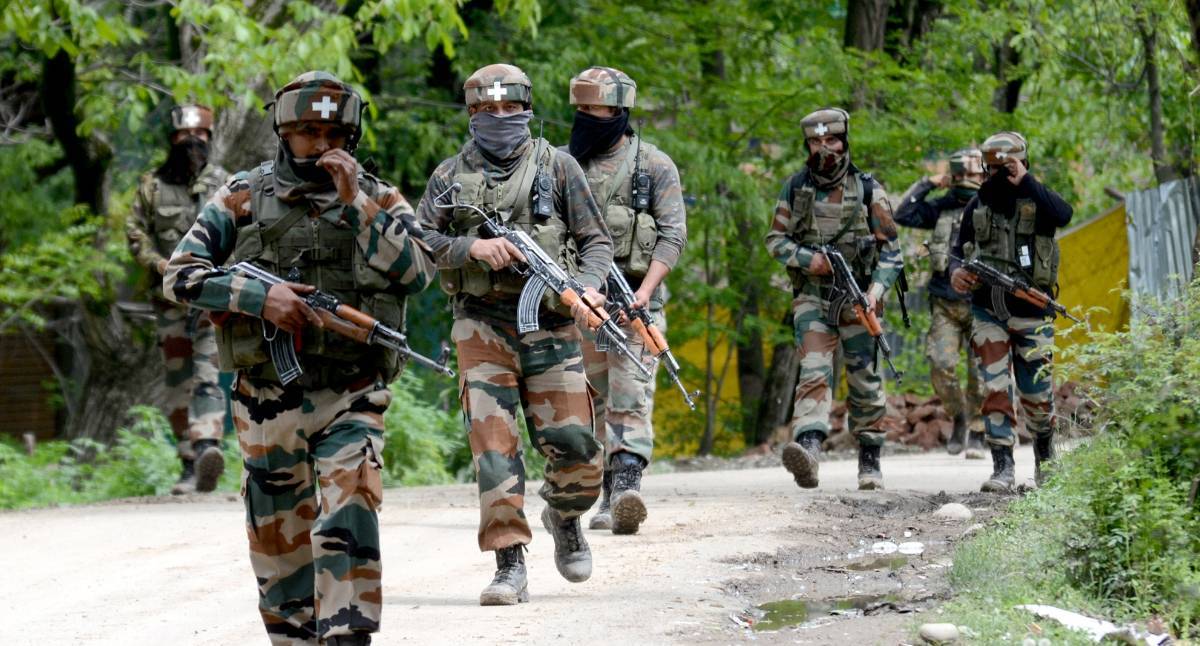
Leave a Reply